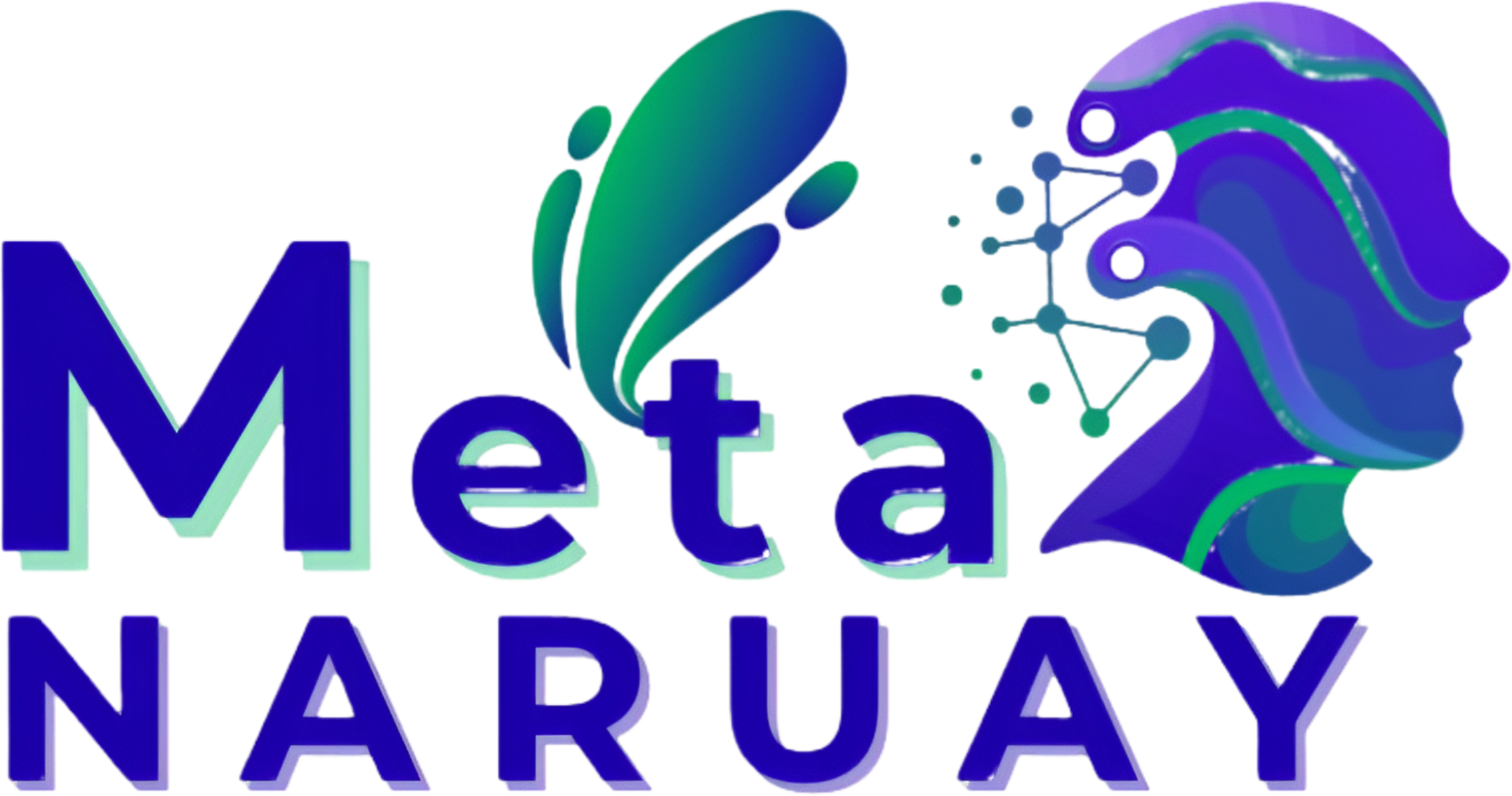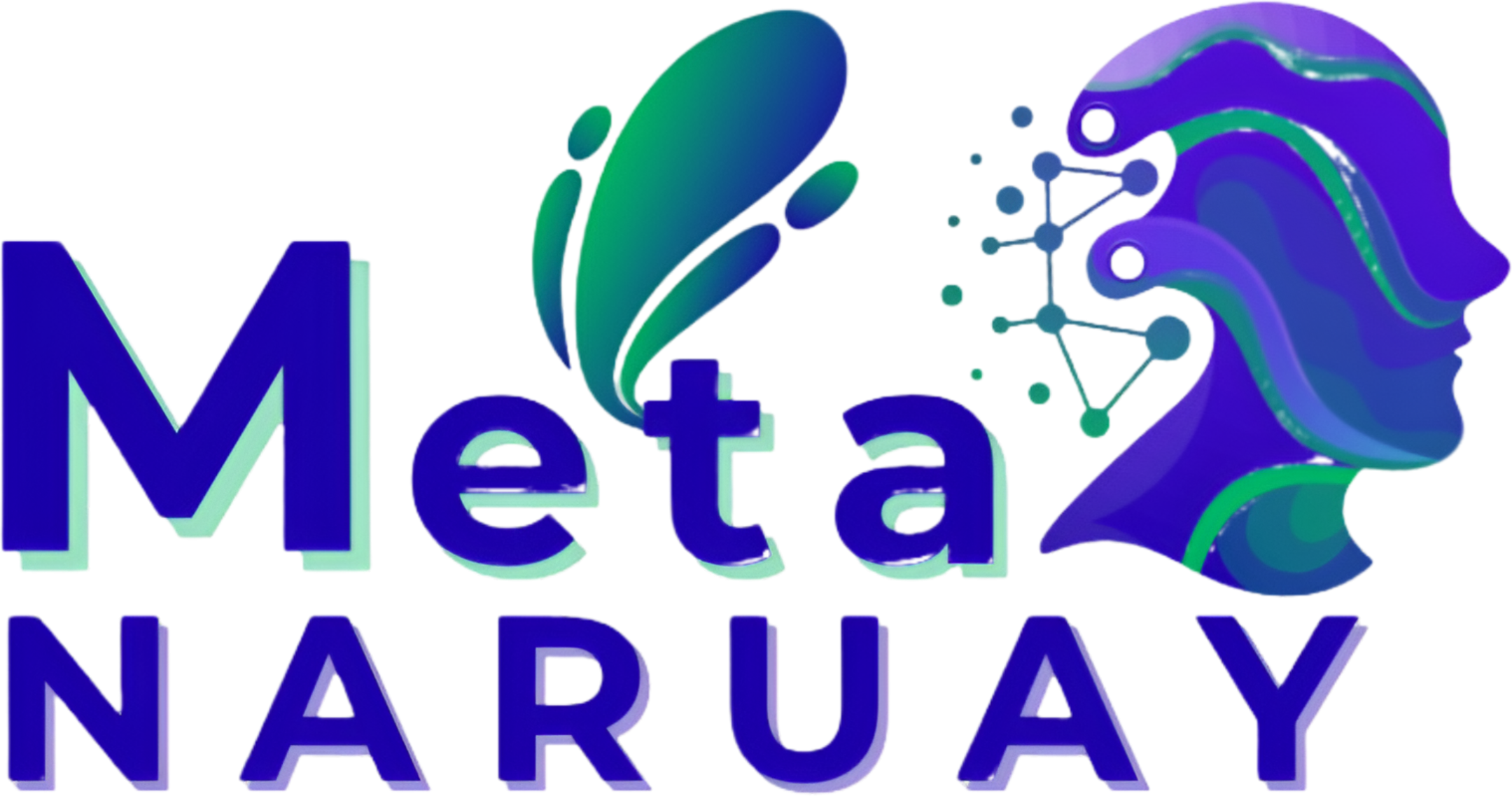The explosion of genomic data generated by advanced sequencing technologies represents both a challenge and an unparalleled opportunity for the **Genetic Testing Market**. With each human genome containing billions of base pairs, and increasingly, entire populations being sequenced, the sheer volume of information quickly overwhelms traditional analytical methods. This "data deluge" is precisely where Artificial Intelligence (AI) and Big Data analytics are becoming indispensable, supercharging growth and innovation within the diagnostics sector. AI-powered algorithms can sift through vast genomic datasets at speeds unimaginable for human analysts, identifying subtle genetic variations, complex gene-gene interactions, and novel biomarkers linked to disease predisposition, diagnosis, and treatment response. This capability to derive meaningful, actionable insights from raw genetic code is transforming genetic testing from a data-gathering exercise into a predictive and diagnostic powerhouse, accelerating discovery and improving clinical decision-making across the board.
The application of AI and machine learning extends across the entire genetic testing workflow, from automating quality control in sequencing to sophisticated variant interpretation and clinical correlation. In rare disease diagnostics, for example, AI can prioritize candidate genes and variants, drastically reducing the time to diagnosis for elusive conditions. For cancer, AI analyzes tumor genomic profiles to predict therapeutic efficacy and identify resistance mechanisms to targeted drugs. This powerful integration of AI tools with genomic data is a key driver of expansion, highlighted in comprehensive industry reports like the Genetic Testing Market analysis. Companies that develop superior bioinformatics platforms and leverage cutting-edge AI for data interpretation are gaining significant competitive advantages, not only in terms of diagnostic accuracy but also in the speed and cost-effectiveness of their services, making genetic testing more accessible and clinically impactful than ever before. This synergy is leading to significant investment in both AI development and large-scale genomic data infrastructure, signaling a future where every genetic test is inherently an AI-driven diagnostic endeavor.
Moreover, Big Data analytics is enabling population-level genomics, moving beyond individual diagnostics to identifying genetic predispositions within communities and understanding disease epidemiology. By aggregating and analyzing anonymized genetic data from millions, researchers can uncover subtle genetic risk factors for common diseases like diabetes, cardiovascular conditions, and neurodegenerative disorders that might be missed in smaller studies. This allows for the development of more effective public health interventions and targeted screening programs. AI also plays a crucial role in pharmacogenomics, predicting individual drug responses with higher accuracy by analyzing an individual's genetic profile in conjunction with large pharmacological datasets, minimizing adverse drug reactions and optimizing therapeutic outcomes, which results in massive cost savings for both patients and the broader healthcare system.
In conclusion, the seamless integration of AI and Big Data analytics is not merely an incremental improvement; it is a fundamental catalyst for the rapid growth and sophistication of the **Genetic Testing Market**. These technologies are unlocking the full potential of genomic information, transforming complex raw data into actionable clinical insights that drive personalized medicine, accelerate drug discovery, and improve population health. As AI algorithms become more refined and access to genomic data expands, genetic testing will evolve into an even more powerful diagnostic and predictive tool, making healthcare more precise, efficient, and ultimately more equitable for individuals worldwide. The future of genetic testing is intrinsically linked to the advancements in AI, ensuring that the vast amount of genetic information we can collect is translated into meaningful health benefits for all.




